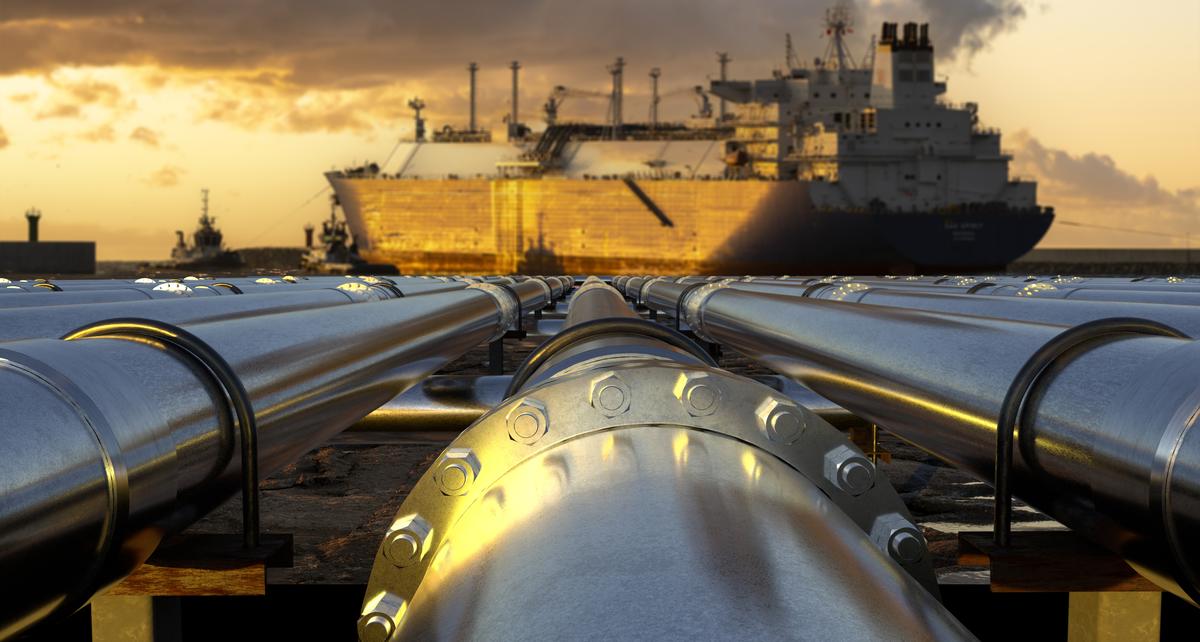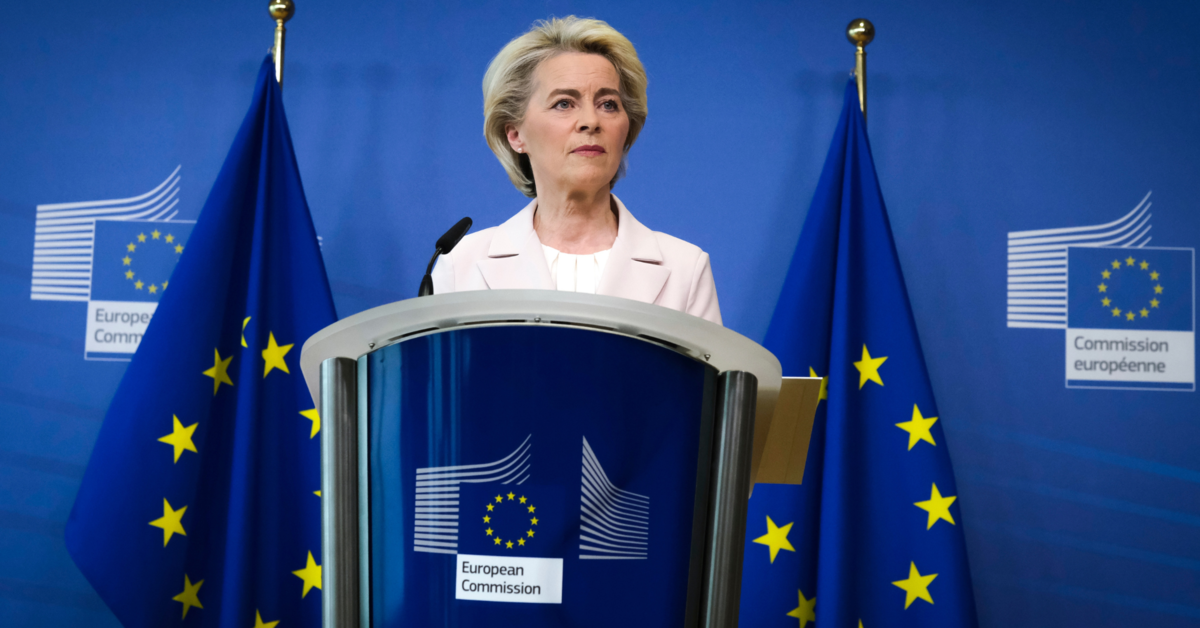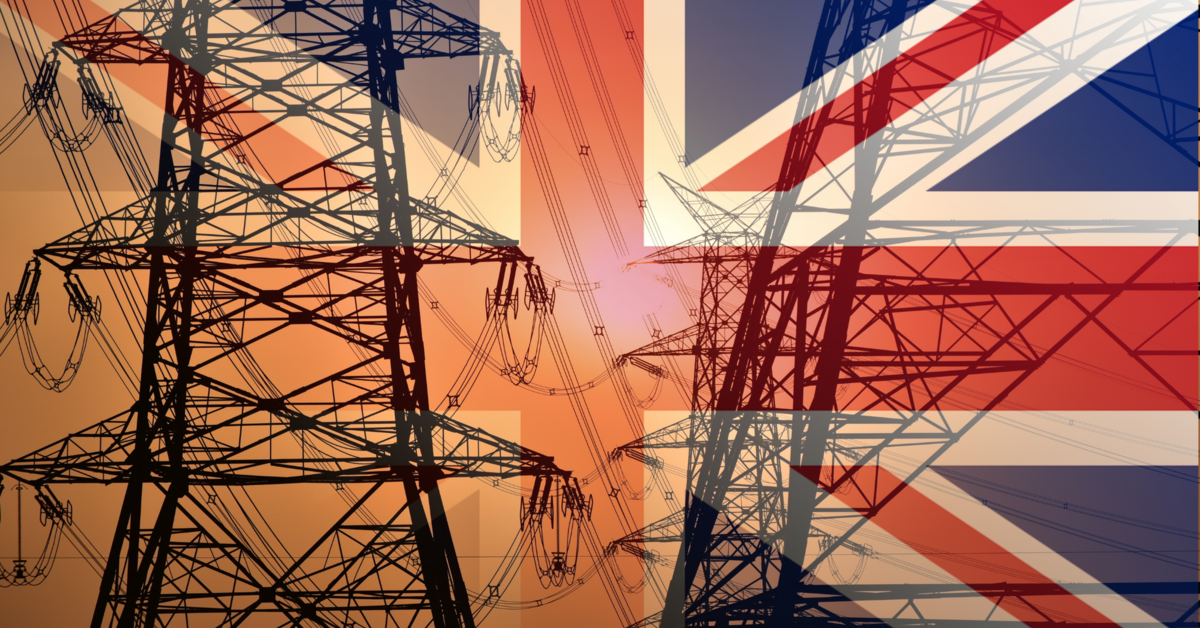European Political Community — A gamechanger for European politics?
On Thursday 6 October, the European Council hosted the first meeting of the European Political Community (EPC) in Prague, bringing together leaders from across the European Continent to foster political dialogue and cooperation, to address issues of common interest, and strengthen the security, stability, and prosperity of the region. This initiative is significant as it shows the EU’s willingness to extend its reach beyond its borders in a new way. Concretely, the EPC could enable the EU to become more influential across the wider European continent without taking on more member states. While France has previously suggested creating similar platforms, which failed to yield anything concrete, the vocal endorsement of major players including Germany, the UK and the Netherlands, can make the EPC a new European political milestone.
In the short term, the EPC is aimed at showing Vladimir Putin’s Russia, the only major European nation not invited to the EPC together with Belarus, that the European continent stands united and that his actions have isolated Russia from its European neighbours. More broadly, the EPC will provide a platform for EU member countries to engage with neighbouring nations without the need (or constraints) for EU membership for all participants. While the provision of a non-institutional mechanism to foster meaningful dialogue between EU member countries and other neighbouring European countries might have been the intended objective behind President Macron’s proposal, critics have cautioned that the EPC should not become a veiled alternative to EU integration.
Implications & Potential Opportunities
The proposal is presented as a way to foster a collective reflection on how to expand the EU’s geopolitical reach beyond enlargement. Convened by the Czech Republic, which is currently holding the presidency of the Council of the EU, the meeting brought together the heads of state of the 27 EU Member States as well as the United Kingdom, EFTA countries, the Balkans but also, Ukraine, Turkey, Azerbaijan, Armenia, and Georgia. The EU institutions are on their side represented by the President of the European Commission Ursula von der Leyen and the President of the European Council Charles Michel.
According to the official invitation letter sent by European Council President Charles Michel to Europe’s heads of state, the meeting held in Prague on 6 October in Prague (Czech Republic) discussed themes including peace and security, the economic situation, energy and climate, and migration and mobility. All issues of particular concern given the ongoing war in Ukraine. Beyond the geopolitical issues impacting the continent on the short-term however, the EPC has significant potential as a platform to foster business discussions between member countries on the longer term. In a joint article stating their full endorsement of the initiative, Dutch Prime Minister Mark Rutte and Albanian Prime Minister Edi Rama argued for the European Political Community to be a platform “where we can meet and do business, whether an EU member or not”, pushed for “expanding and integrating our Continent’s energy and transport networks” and for discussing “how Europe can work toward an interconnected, climate-neutral and independent energy system in Europe”. This also constitutes, an opportunity for corporations based in the 44 member countries to, following the B20/B7 model, create a business platform that will reflect on the challenges and opportunities in the wider region.
Structure of the Initiative
As it currently stands, the EPC consists of three core components: a plenary session, roundtable discussions on key topics, and bilateral meetings likely to be seen by many as the main point of attraction. Given the large number of countries involved as well as their varying political orientations and interests, there is a risk that finding common ground on key issues can prove difficult. The hosting of roundtable discussions, reportedly featuring 10-15 representatives each, can be interpreted as a potential way to circumvent this issue by holding discussions on key topics in smaller country groups (based on geographic or political alignment). Regardless of the eventual format the discussions within the EPC will take, it is clear that the participating countries’ political orientation and alignment will play a key role in shaping the platform’s priorities and determining whether any concrete results can be achieved.
Figure 1: Overview of the political orientation of member countries of the European Political Community, scaled to reflect population sizes


An Alternative to EU Enlargement
More broadly, there are also questions as to how the EPC will fit into the wider European political agenda on the longer term. Not least of these questions are concerns around whether the EPC could constitute a substitute to EU enlargement/integration. As the EU accession process has largely been stalled for many candidate countries in recent years, the possibility remains that the EPC could be used as a platform to keep them engaged with the EU’s political sphere.
Figure 2: Overview of the member countries of the European Political Community

Concerns around the EPC being used as an alternative to European integration were voiced by the UK, where pro-Brexit MPs have stated the need to ensure that the EPC does not turn into a supranational structure and instead that it remains purely a forum to discuss issues of mutual interest in Europe. Nevertheless, the UK overcame its initial reservations and confirmed its participation to the EPC signalling that the platform could constitute a way for post-Brexit Britain to become more closely involved with the politics of the European continent.
What Does the EPC Mean for Your Business?
There is currently much speculation on whether the EPC’s current focus on high-level issues of immediate interest to European countries could morph into a platform for discussing longer-term economic issues across a wide array of sectors. While there seems to be at least some support among member countries to move in this direction, it is still too early to know for certain. In the event the EPC turns into a platform for meaningful discussions on key political and economic matters, it could also become a valuable opportunity for stakeholders to engage with European decisionmakers.



